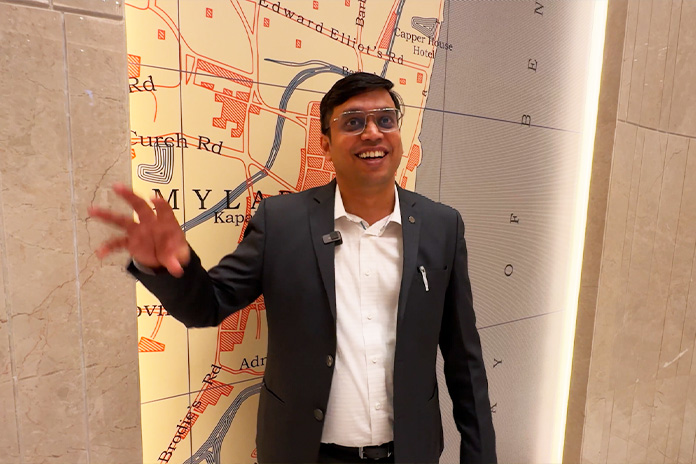PEOPLE and the planet are the key areas of focus for British International Investment (BII). That just about covers almost everything that keeps life on the planet going.
BII’s motto — To do good without losing money. — means it has to constantly keep searching for worthwhile causes to invest in that would eventually result in positive outcomes for the planet and its denizens.
Established in 1948, BII is one of the world’s oldest impact investing organisations, and is the development finance institution of the UK government.
Investing In Asia And Africa
With an investment portfolio valued in excess of US$7.1 billion, BII has been focusing on the emerging markets of South Asia and Africa where opportunities are in abundance. BII’s footprint extends to Singapore, where it has an office catering to the needs of the Southeast Asian market.

In outlining the aims and objectives of BII in impact investing, Vineeth Menon, its Development Impact Head, spoke to STORM-ASIA about a shifting trend where philanthropists and commercial investors are converging towards a common goal of seeking out impactful investments.
Vineeth, who was in Chennai as a panellist at the AVPN South Asia Summit 2024, outlined his organisation’s structured approach to funding in Asia and Africa.
Southeast Asia is an area of opportunity that Vineeth says BII has set aside US$600 million for investment purely on climate-related projects.
While this may not seem like a large amount, Vineeth says it will serve as a catalyst to draw in more commercial capital.
Measuring Impact
In 2024, this growing sector had US$1.57 trillion in impact investing assets under management, managed by nearly 4,000 companies.
A checklist and a global footprint help BII find the causes with good returns, with some administrative measures to ensure all the boxes are ticked along the way.
ALSO READ: The Origins Of Impact Investing
Scorecards and regular reviews are conducted to ensure viable projects are undertaken by BII, with staff bonuses pegged to performance of the portfolio of investments.
Vineeth admits there’s a big gap between what’s required to heal the world, and what’s available for the purpose. While there are signs of progress in some areas, it’s not moving at the required rate as countries hem and haw over aspects of the process.
Perhaps when impact investing turns out to be hugely profitable, attitudes might change.




















